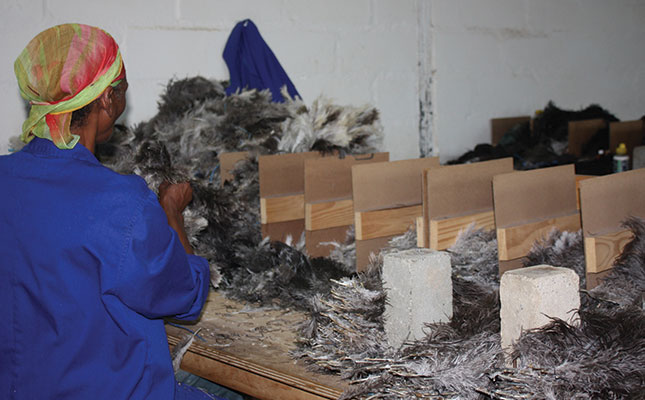
Photo: Denene Erasmus
A reasonably bright year for South African agriculture is forecast with growth of the sector expected to be strong in 2020, despite the impact of COVID-19 and its attendant regulations.
Addressing the Cape Town Press Club during a recent webinar, Wandile Sihlobo, chief agricultural economist at Agbiz, said that high-end products such as flowers, wine, wool, mohair, and ostrich feathers and leather had been the most affected.
READ Gender equality in farming expands despite barriers to entry
On the plus side, however, after experiencing four consecutive quarters of contraction, because of droughts and foot-and-mouth disease, South Africa’s agricultural economy rebounded in the previous quarter to notch up 27,8% quarter-on-quarter on a seasonally-adjusted and annualised basis. Sihlobo predicted a 10% year-on-year recovery in agricultural GDP for 2020.
South Africa was also expected to enjoy the second-largest maize harvest ever recorded with an estimated total crop of 15,5 million tons, well above domestic consumption of some 11 million tons.
This would damp maize prizes domestically, while grain exports would boost the agricultural trade balance, he said.
READ Covid-19 delays 2020 coffee harvest as prices weaken
Several high-end agricultural products were not classified as essential services during Level 5 of the COVID-19 lockdown, and therefore experienced trade disruptions until 1 May when Level 4 regulations were put in place.
“The tobacco and wine industries are still under strain [due to bans on sales],” he said.
During the Level 5 lockdown, some wineries and cellars were not able to pay producers for February and March deliveries, and the ban on exports resulted in South African wines losing market share abroad, Sihlobo said.
“No other wine exporting country banned exports.”
“Saving the wine industry is the key challenge. I know right now the leaders [from industry and government] are involved in discussions […] trying to find solutions.”
The wine industry was given some relief on 7 April when Minister of Transport Fikile Mbalula issued regulations allowing the transportation of wines at sea ports and airports of entry, thus enabling exports to resume.












